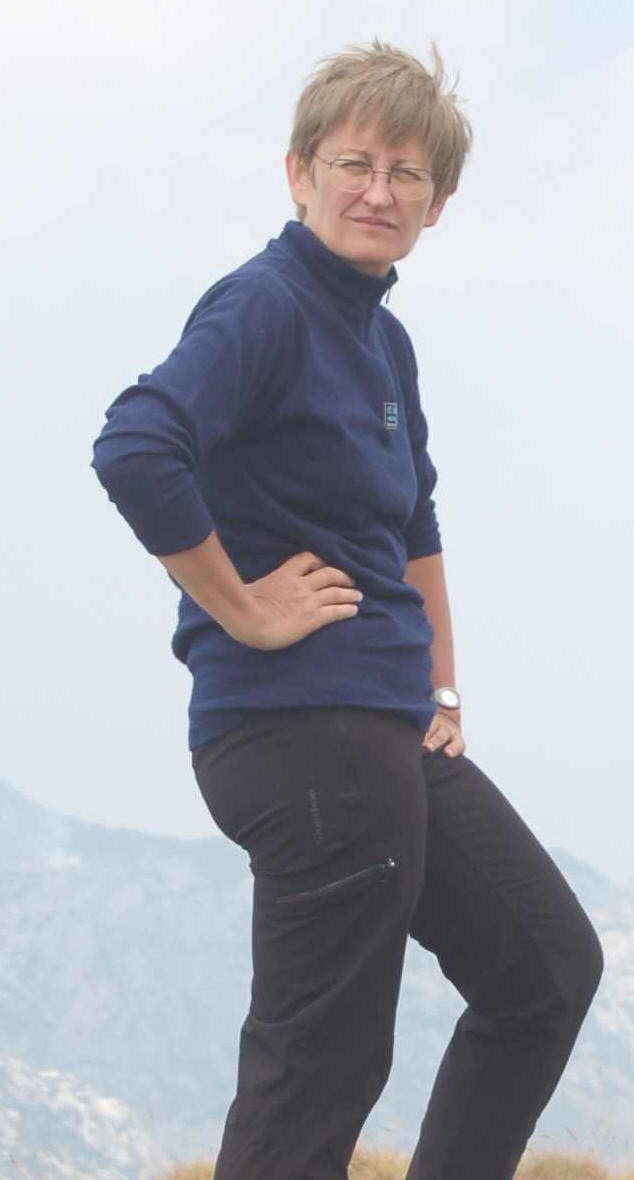TEACHING
-
Course lecture "Physical Chemistry" for 2nd
year students
-
Laboratory "Physical Chemistry I" for 2nd year
students
-
Laboratory "Physical Chemistry II" for 3rd year
students
-
Laboratory "Chemistry of New Materials" for 4th year
students
-
Specialization Laboratory 4th year students
Alumni:
Artur Szkurłat, PhD 2005
Subject:
"Electrochemical and spectroscopic studies of
poly(3-alkylthiophenes) and polyalkoxythiophenes"
Monika Refczyńska PhD 2009
Subject:
"Formation and characterization of conducting polymers modified with
polymer and carbon nano- and microstructures".
Agata Tarajko-Ważny, PhD 2011
Subject:
"Synthesis, characterization and applications of poly(1,8-diamino-carbazole)".
Ph.D students:
Oleksandr Kuzmych, M.Sc
Kamila Zarębska, M.Sc
Zuzanna Glębicka, M.Sc
Agata Bartnicka, M.Sc
M.Sc.
students:
13 M.Sc. students within the period 1997-20011
Lecture „Physical
Chemistry” – description (45 h, 4.5 ECTS)
-
The first, the second and the third laws of thermodynamics, state
functions,
phenomenological and molecular interpretation of
energy and entropy, Gibbs energy, conditions of equilibrium
- Enthalpy
changes, heat capacities and basis of thermochemistry
- Partial molar
quantities and chemical potential of pure substance and substance in
the mixture,
-
Ideal and real solutions
- Thermodynamics
of phase equilibria. Phase diagrams for one- and many-component
systems; zeotrops, azeotrops, eutectics, partially miscible
solutions,
- Thermodynamics
of mixtures
- Colligative
properties of the solutions
- Chemical
equilibrium, the equilibrium constant and its temperature
dependence, relation to Gibbs standard function, free enthalpy of
reaction
- Kinetic theory
of gases, van der Waals equation
- Introduction to
thermodynamics of irreversible processes
- Transport
phenomena in gases and solutions
-
Electrochemistry of ionic solutions, basics of Debye-Hückel theory,
activity and activity coefficient
- Conductivity of
strong and weak electrolytes,
- Potential
differences at the interfaces, different types of electrodes and
electrode reactions; electrochemical potential, Galvani potential,
Nernst equation,
- Galvanic cells
(chemical and concentration cells), electromotive force,
reversibility and irreversibility of the cells,
application of EMF measurements,
- Thermodynamics
of surface phenomena, surface tension, adsorption, isotherms of
adsorption, properties of colloidal solutions
- Kinetics of
simple and complex reactions, enzymatic reactions, theory of
transition state, basics of electrochemical kinetics, corrosion
- Basis of homo-
and heterogeneous catalysis
- Optical,
electrical and magnetic properties of the molecules.
|

